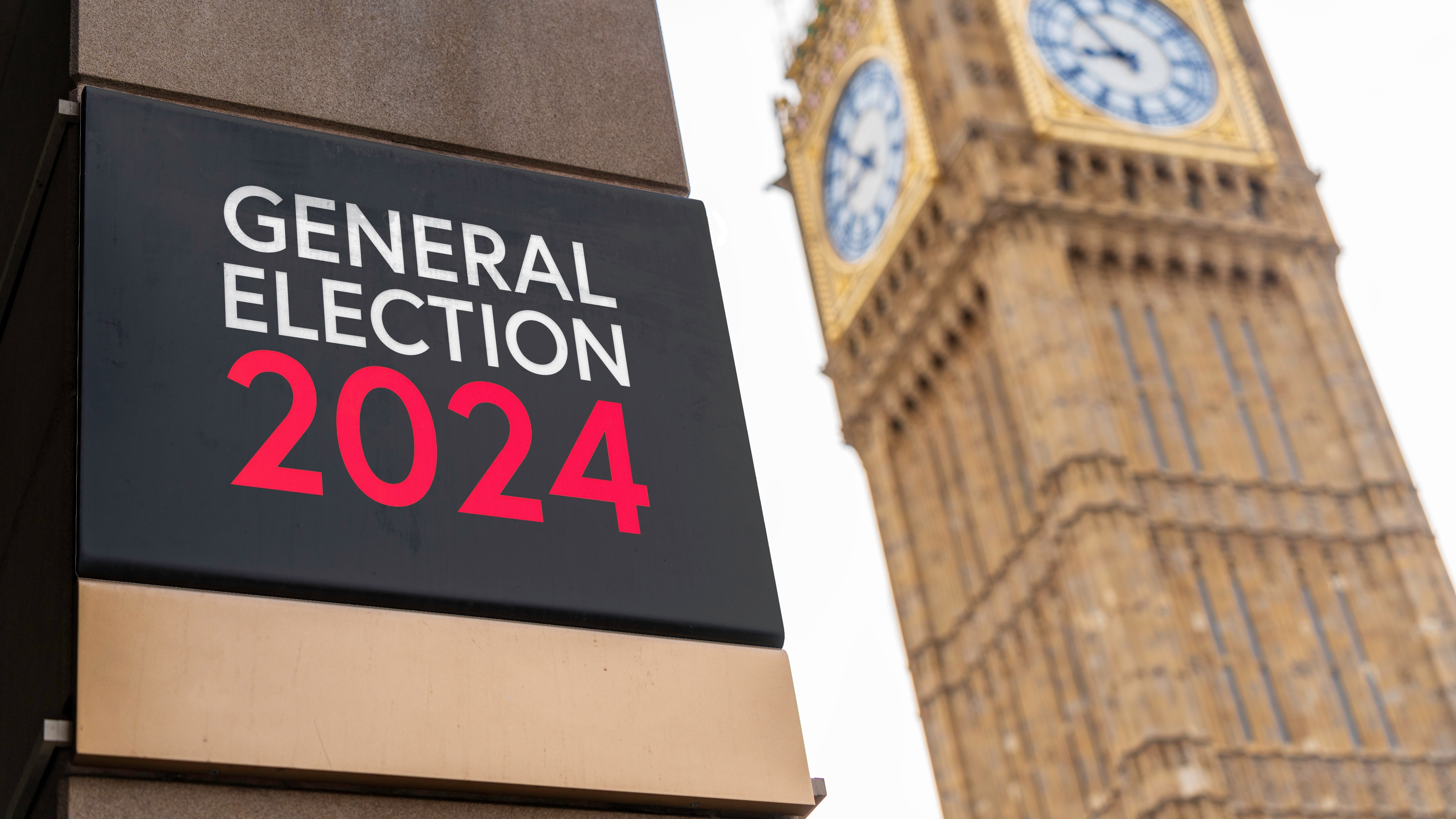Colorado set to become the first US state to pass statewide ridesharing regulation
by Inline Policy on 21 May 2014
A bill regulating ridesharing services is expected to be imminently signed by Colorado State Governor John Hickenlooper. This would make him the first US State Governor to sign into law such a bill. Whilst California was technically the first State to regulate the industry (its rules were created by the State’s Public Utilities Commission), Colorado’s rules are set to be the first crafted and enacted by elected State representatives. The bill will allow provide certainty for ridesharing companies who faced formal complaints from the State’s Public Utilities Commission, which maintained that they were operating illegally.
The detail
Companies such as Uber, Lyft and Sidecar are now to be categorised as Transportation Network Companies (TNCs), which is a separate legal categorisation from taxis and limos. They will now be overseen by the State’s Public Utilities Commission. To obtain permits, the companies must have drivers pass criminal background and driving history checks. Driver's cars must also pass vehicle inspections, and be clearly marked as TNC cars.
The bill will require that ridesharing services provide insurance once a driver is logged in, even if he or she has no passenger and is not on route to pick one up. This is intended to close an insurance gap evident in other states where it has been unclear whether the driver, or the ridesharing company is liable in the case of an accident. Arizona State Governor, Jan Brewer, for example recently cited the potential gap in insurance as a reason for her vetoing legislation last month that would have regulated ridesharing companies. The drivers must also carry personal car insurance, in addition to the commercial insurance that ridesharing companies provide.
The reaction
As you would expect, one of the bill’s sponsors, Colorado State Representative, Dan Pabon, has welcomed the imminent signing of the bill by saying, “What this does is it welcomes technology and innovation to Colorado.” Ridesharing companies have also received the bill positively. Uber spokesman, Lane Kasselman, said that "We're hopeful the Governor signs the legislation and creates a permanent home for ridesharing in Colorado.” Lyft spokesperson, Paige Thelen, said the measure will "secure a future that will allow ridesharing to grow and thrive in the state of Colorado for years to come."
However there has been some opposition. Brad Whittle, Senior Vice President at Veolia Transportation, which operates Yellow Cab in Colorado, said "It really is a quasi-deregulation for transportation in the Colorado marketplace.” He argues that the confusion about insurance has not been resolved and that traditional taxi companies will still face more regulation than their new competitors.
A broader trend
It is clear that the developments in Colorado are symptomatic of a broader shift towards the statewide regulation of ridesharing in the US. Last year in California, the State’s Public Utilities Commission implemented rules for ridesharing companies. Policymakers in Virginia and Maryland are also considering regulating the industry. Regulations were approved by the Illinois State Senate last week which would regulate ridesharing in the state. In other states such as Georgia, Maryland and Arizona ridesharing bills have recently failed to pass.
Whilst statewide regulation will provide certainty for ridesharing companies in many instances, it is also worth pointing out that statewide regulation could mean that companies are entirely locked out from operating in some states if State legislatures do not embrace the industry. The shift towards statewide ridesharing regulation is mirrored in the peer-to-peer accommodation sector. New York State legislators, for example, have been locked in a battle with Airbnb in an attempt to obtain host data. Above all, this development is another example of how ridesharing, and the sharing economy more broadly, is gaining increased legitimacy from lawmakers who understand that this is a phenomenon which is here to stay.
Topics: International politics, UK business, Big Tech







Comments